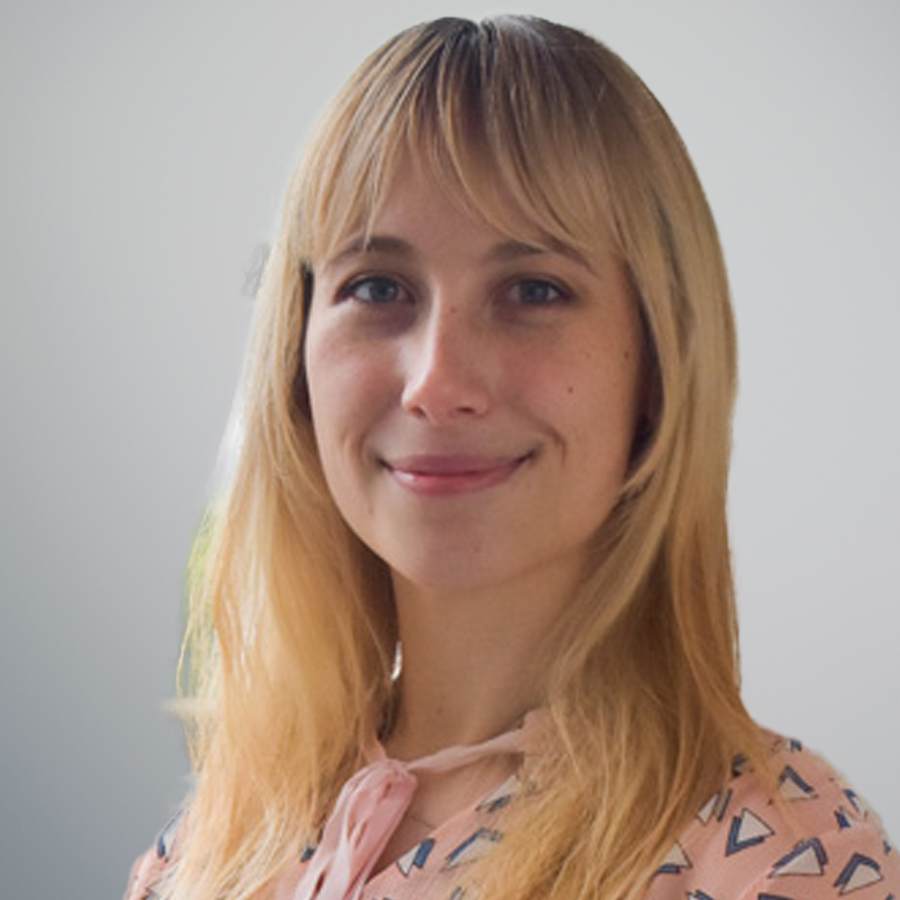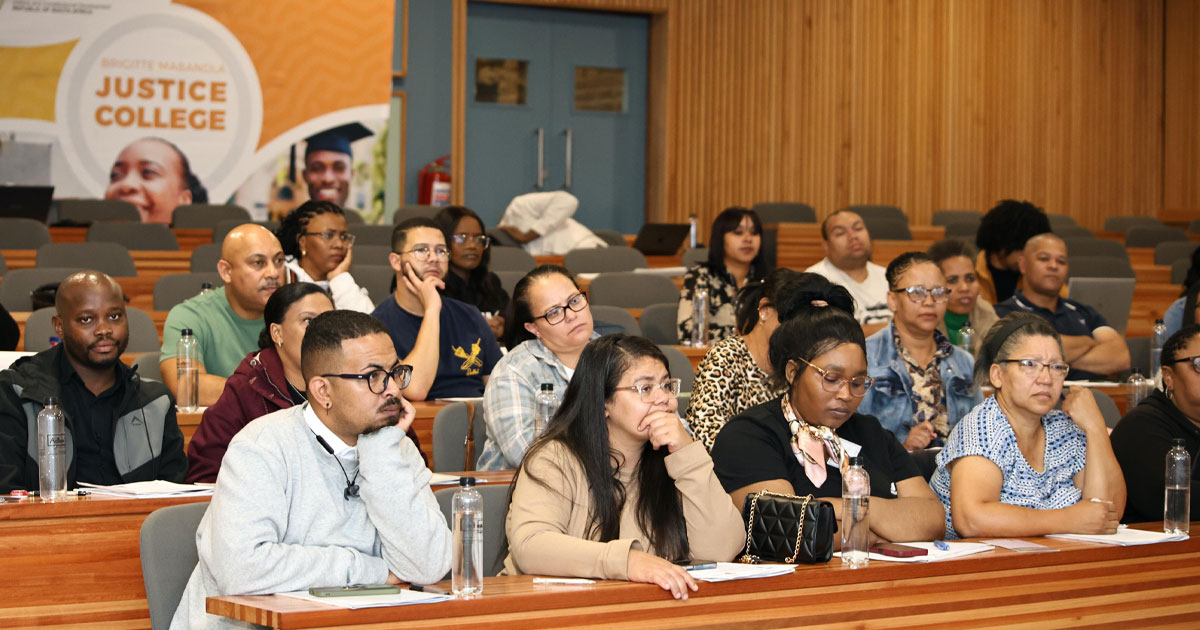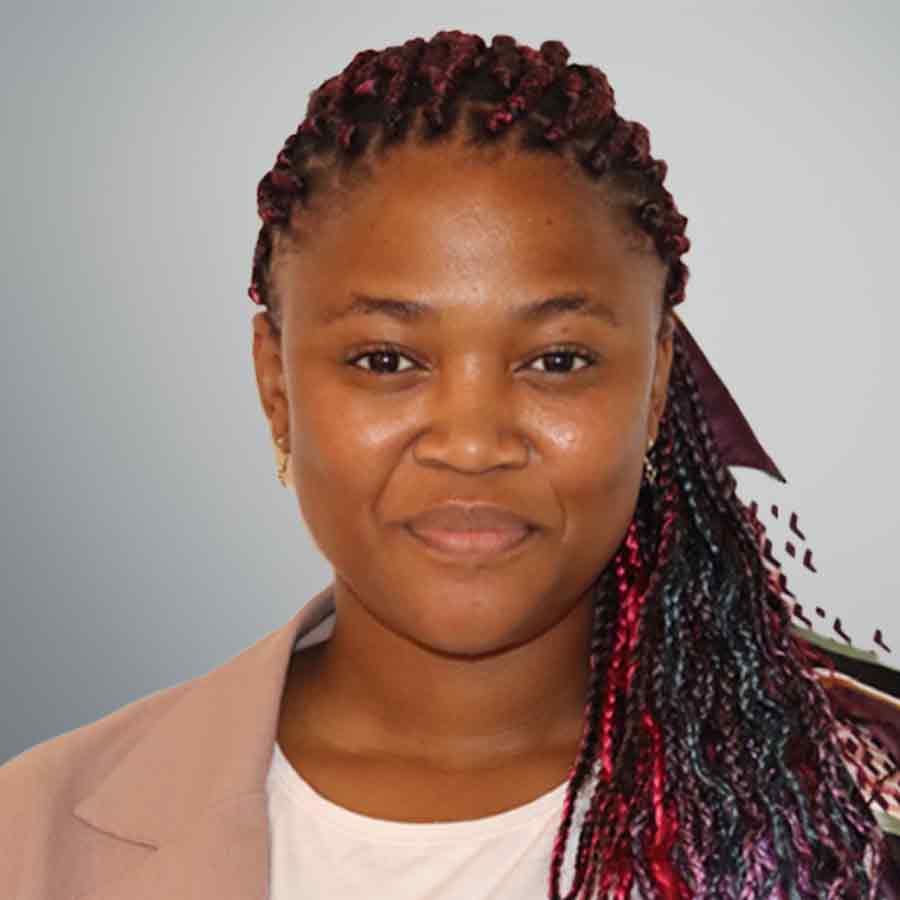On 6 and 7 May the Centre for Human Rights, Faculty of Law, University of Pretoria proudly co-hosted the Equality Court Clerk Workshop with the Brigitte Mabandla Justice College (‘the College’) in Pretoria.
The workshop, which is a key activity in the Memorandum of Understanding (MoU) between the Centre and the College, facilitated sessions on the Promotion of Equality and Prevention of Unfair Discrimination Act (PEPUDA) with equality court clerks representing 25 courts throughout the Western Cape province.
Key speakers in the programme included: Vuyokazi Mbutho, a human rights activist and Nelson Mandela Washington Fellow with extensive experience in advocating for Trans access to health and higher education. Mbutho’s presence was invaluable in that she has also previously sought recourse for unfair discrimination through the Equality Courts and her experience provided ‘the client experience’ which allowed the Equality Court clerks to engage with a real-life credible example of how the process is experienced by members of the community.
Greyson Vanguard Thela, an independent human rights consultant who has worked with organisations throughout the country on the legal, administrative and policy processes that facilitate access for the LGBTIQ+ community, also provided insights and reflection on the relevant legislation such as the Alteration of Sex Description and Sex Status Act 49 of 2003 with reference to the constitution’s values of equality and dignity and other relevant rights provided for.
The workshop was additionally enriched with the support of Ms Nono Senne, a lecturer at the College, who trains Equality Court clerks on PEPUDA and administrative processes and procedures at the court. Ms Senne was crucial in foregrounding bias, prejudices and unfair discrimination as realistic aspects of society which need to be challenged and resisted especially when working with clients and the community. The court clerks responded positively to the reminder of some aspects of their role including the routing of matters to the correct court, as well as the importance of being appointed officially as an Equality Court clerk and not just performing the duties of one.
Some of the reflections from the court clerks during the activities included the honesty that, “Before this workshop we didn’t know how to respectfully interact with clients who are LGBTIQ+. In fact we came into the training knowing only lesbian, gay and bisexual (LGB). Going back [to our courts] we will sensitise our colleagues internally as a starting point”.
At the same time, many participants shared that being part of the LGBTIQ+ community themselves and having family and loved ones who are LGBTIQ+ they have always sought ways to personally grow their knowledge on how to create more inclusive environments and safer spaces for those around them.
All the participants shared that their expectations were met for the training, with many stating that their expectations were exceeded.
“We learned things we didn’t know we needed to know”,
“It was a true wakeup call on the struggles faced by the LGBTIQ+ community”,
“I truly realised how important my job is in the bigger picture”
“I definitely acquired more knowledge to meet my professional goals, as a lot of clarity was given by each speaker”
“The whole seminar and what it represents piqued my interest- I may even consider a new career path to explore the themes and do the work… there is a lot to unpack”
None of the Equality Court clerks had dealt with cases involving discrimination on the basis of sexual orientation or gender identity but expressed confidence and excitement for receiving clients who are sexually and gender diverse and for the in-depth knowledge they had gained throughout the workshop. The participants also reiterated having learnt more about the social, legal and medical transitioning processes sometimes pursued by transgender persons along with the importance of respecting pronouns as an affirming practice, where necessary. Parallel to this, the attendees lamented the limited time and need for more sessions, more regularly- as this workshop represented their first opportunity to get in-depth knowledge in a safer space, where they could ask questions that can help them become more confident with understanding the needs, social context and challenges faced by the LGBTIQ+ community.
The success of the workshop can be heavily attributed to the rich discussions and engagement by the participants who asked relevant questions and sought deeper knowledge on the rights and needs of the LGBTIQ+ community and how they can strengthen their duty in promoting access to justice within the court system.
The Centre extends its utmost gratitude to the College and the provincial coordinators, along with all the colleagues who made the workshop a success and reaffirmed their commitment to increasing access to the courts. The Centre appreciates the financial support of the European Union in contributing to the Workshop.
For questions on the Equality Courts and trainings offered by the Centre for Human Rights, please contact:

Tel: +27 (0) 12 420 3151
ch.vanderlinde@up.ac.za



